Once in a while in the news, you will hear a story of someone who has hoarded possessions so much as to put them in danger. A while ago, I remember hearing of someone who had passed away, and rescuers needed to cut a hole in the roof in order to remove the person from the home. People like this have an illness with regard to hoarding, of course. But today’s Liturgy of the Word seems to address the hoarder in all of us. We are people of means, maybe not the most well-off, but certainly better off than most of the world. When do we have enough? When does it all become too much?
Listen to the last line of this morning’s Gospel one more time: “Thus will it be for all who store up treasure for themselves but are not rich in what matters to God.” So right away the parable is turned around and directed at all of us. And it wouldn’t be so hard to put that parable in modern terms, would it? Think of winning the lottery, only to know that the day you receive the check is the day you go home to the Lord. Or think of spending your days and nights in the office, building wealth and prestige, only to be part of massive layoffs when the company is sold. Or, even worse, spending your days and nights at the office, only to miss the growing of your family. So, Jesus asks us, what treasures have we built up? With what have we filled our barns?
Today’s first reading is from the book of Ecclesiastes, which in Hebrew is Qoheleth, who is the teacher in the book. Among the Wisdom books in the Scriptures, Ecclesiastes can be the hardest to read because it is almost prophetic in content. Qoheleth is the main character in the book, a man who is considered wise among his contemporaries, much like many of the popular wisdom teachers of his day. While we don’t know who Qoheleth was, the book is attributed to Solomon, the wise king. Solomon often wrote of the prizes that lay in store for those who were successful. But this book is a little different. Here he questions if it is all worth it, and challenges the complacence and dishonesty that run rampant in that society. If we didn’t know any better, he could well have been writing his words today, couldn’t he? In the end, though, Qoheleth’s message is basically encouraging, and brings us back to the God who made us. At the end of his book, which is not part of today’s reading, he says: “The last word, when all is heard: Fear God and keep his commandments, for this is man’s all; because God will bring to judgment every work, with all its hidden qualities, whether good or bad.” (Ecc. 12:13-14) Which is exactly what Jesus is telling us in today’s Gospel.
St. Paul has a little bit of Qoheleth in him too, today. In the letter to the Colossians, which we have been hearing these past few weeks, he is trying to get that community to lay aside earthly things and seek God. Sounds like the message of Qoheleth, doesn’t it? “If you were raised with Christ,” he tells them, “seek what is above, where Christ is seated at the right hand of God.” In other words, stop filling your barns with the stuff that you accumulate on this earth, and be rich in what matters to God. Qoheleth, St. Paul, and Jesus are in complete concert today, and we must be careful to hear their message. St. Paul, typical for him, is very blunt about what he is asking us to lay aside: “Put to death then,” he tells us, “the parts of you that are earthly: immorality, impurity, passion, evil desire, and the greed that is idolatry.” And, “stop lying to one another.” We are called to be disciples who are pure, compassionate and truthful, because absolutely nothing else will lead us to the kingdom of God!
So, let’s look at Jesus’ instruction at the end of today’s Gospel parable: “Thus will it be for all who store up treasure for themselves but are not rich in what matters to God.” We have to ask ourselves, then, the very important question: “what is it that matters to God?” I think we know what doesn’t qualify – St. Paul made that very clear. I think the things that matter to God are those things we might count among our blessings: namely our family and friends. Those things that matter to God might also be the things that make us disciples who are pure, compassionate and truthful. So we might seek to be rich in prayer, rich in reaching out to the poor and needy, rich in standing up for truth and justice.
Today God is tugging at the heart-strings of the hoarder in all of us. What are we stockpiling? Maybe we need a look at our checkbooks, our calendars, and our to-do lists to see where our money, time and resources have gone. Can we take any of that with us if we are called home to God tonight? If those things are all we have, we could find ourselves in real poverty when we arrive at the pearly gates. This week’s to-do list might find us letting go of some of what we thought was important, so that we can be rich in what matters to God. These, brothers and sisters in Christ, are the riches that will not spoil and can never be taken away from us.
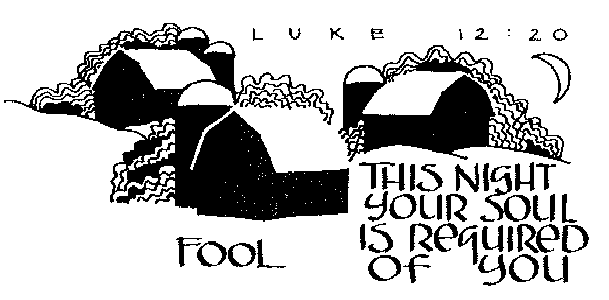
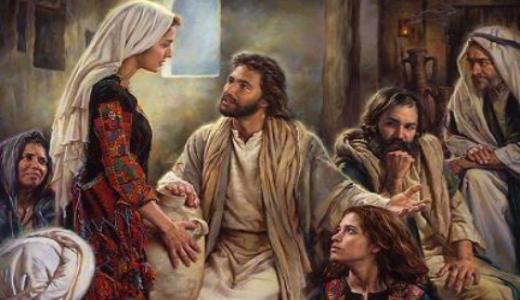



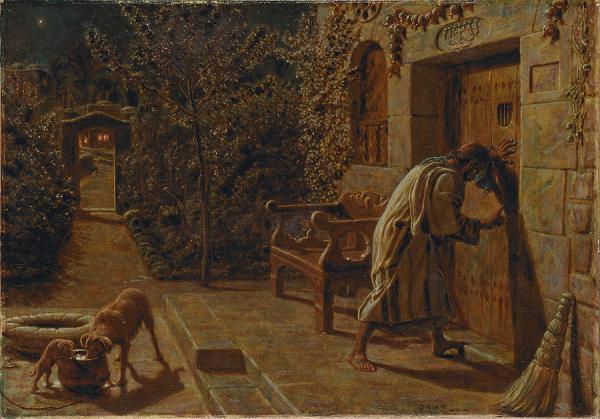

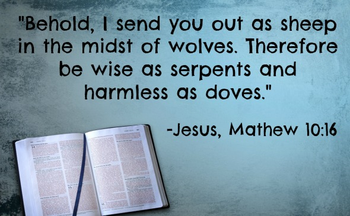
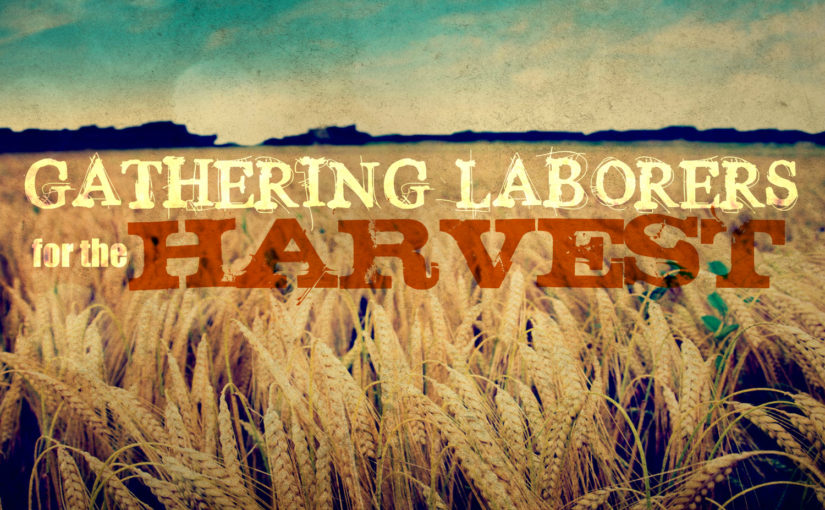
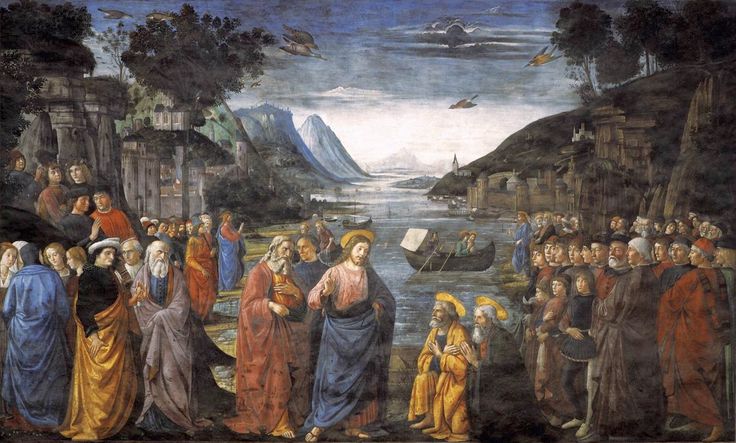
You must be logged in to post a comment.